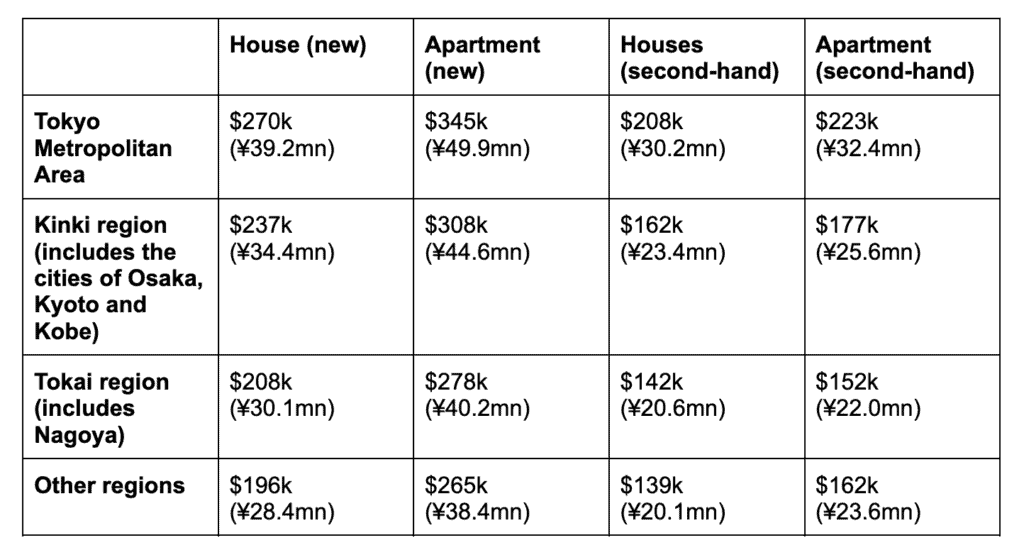When traveling to Japan, it's important to be aware of the cultural do's and don'ts to ensure that you are respectful and polite during your visit. In this article, we will focus on the don'ts in Japan to help you navigate through the dos and don'ts of Japanese tourist etiquette.
One of the biggest don'ts in Japan is pointing with chopsticks. In Japanese culture, it is considered rude to point with your chopsticks at someone or something. It is best to use your hands to point if necessary, rather than using your chopsticks.
Another important don't in Japan is sticking your chopsticks upright in a bowl of rice. This action resembles the way rice is offered to the dead in a funeral ritual, so it is considered extremely disrespectful. Instead, lay your chopsticks across your bowl or on a chopstick rest if one is provided.
It is also important to avoid passing food from chopstick to chopstick. This practice is associated with a Japanese funeral ritual where bones are passed from chopstick to chopstick. Instead, transfer food directly to someone's plate if you want to share.
One don't in Japan that may seem counterintuitive is finishing all of the food on your plate. In Japanese culture, it is polite to leave a small amount of food on your plate to show that you are satisfied with the meal. If you finish everything on your plate, it may be interpreted as a sign that you are still hungry.
When using a communal bathing area, it is important to note that tattooed individuals may be prohibited from entering. Tattoos are often associated with the yakuza, a Japanese organized crime syndicate, so having visible tattoos may cause discomfort or concern among other bathers. It is best to cover your tattoos or find a bathhouse that allows tattooed guests.
In addition, it is considered disrespectful to wear shoes indoors in Japan. When entering a home, restaurant, or traditional inn, it is customary to remove your shoes at the door. This practice helps to keep the floors clean and is a sign of respect for the space you are entering.
Overall, being mindful of the cultural differences and customs in Japan can help you navigate through your visit with grace and respect. By avoiding these common don'ts in Japan, you can show that you are a considerate and culturally sensitive traveler.



